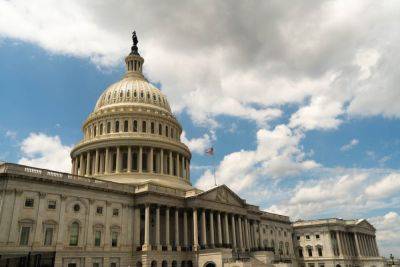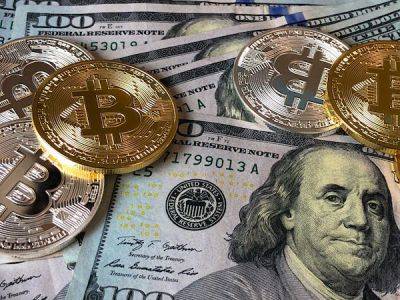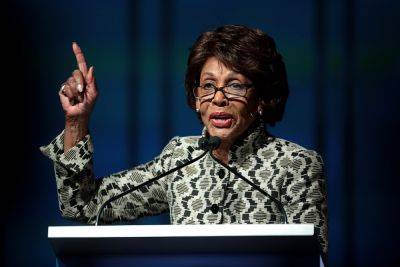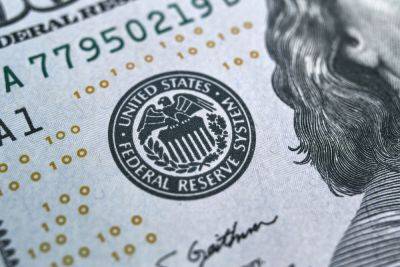Opinion: Bitget acted ethically on crypto influencer’s account
Love or hate them, influencers are as inseparable from crypto as blockchain itself. While it’s hard to imagine a crypto space without social media influencers, they sometimes act unethically by promoting dubious tokens and profiteering at the expense of ordinary investors. Such practices are a matter of concern — not only to the crypto community members who trust them but also to regulators.
While the United States Securities and Exchange Commission and Federal Trade Commission have fined celebrities, including Kim Kardashian, for failing to disclose their compensation for endorsing certain cryptocurrencies, most cases go unpunished. This lack of oversight deleteriously affects ordinary users.
Consumer trust in influencers has reached unprecedented levels. One survey by Fool indicated that 91% of Gen Z respondents consider social media their primary source of investing information. Followers copy bloggers, buy what they recommend and follow their financial advice. This widespread practice is acceptable as long as it is accompanied by a transparent endorsement that highlights the influencer’s financial interest in a product.
Related: Bitget and crypto influencer embroiled in legal saga after Reel Star token listing fiasco
In February, the SEC charged former NBA player Paul Pierce with promoting low-cap tokens to his followers without proper disclosure, resulting in financial losses for the public, with Pierce ultimately settling and paying $1.4 million. Similar investigations accused boxer Floyd Mayweather Jr. and music producer DJ Khaled of failing to disclose promotional payments from initial coin offerings, with the latter enthusiastically endorsing one of the projects as a “game changer.” In 2017, Paris Hilton
Read more on cointelegraph.com
 cointelegraph.com
cointelegraph.com



















